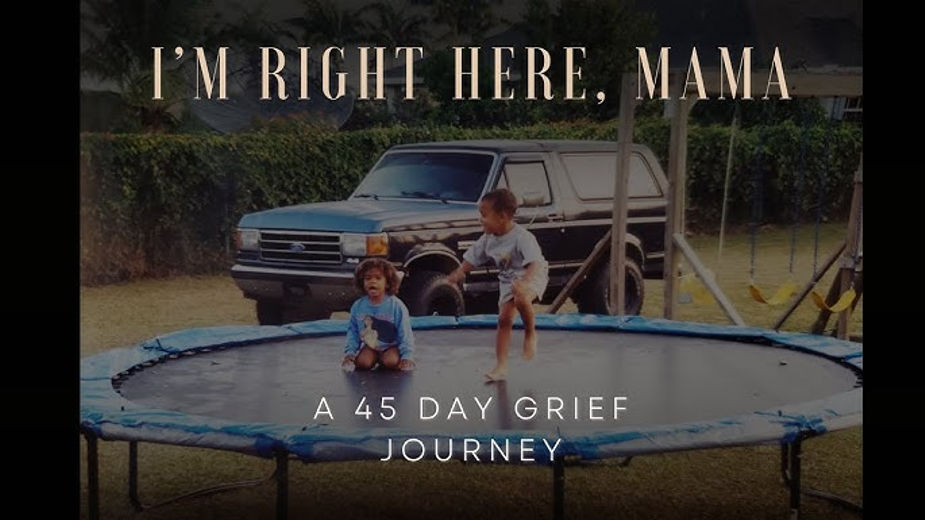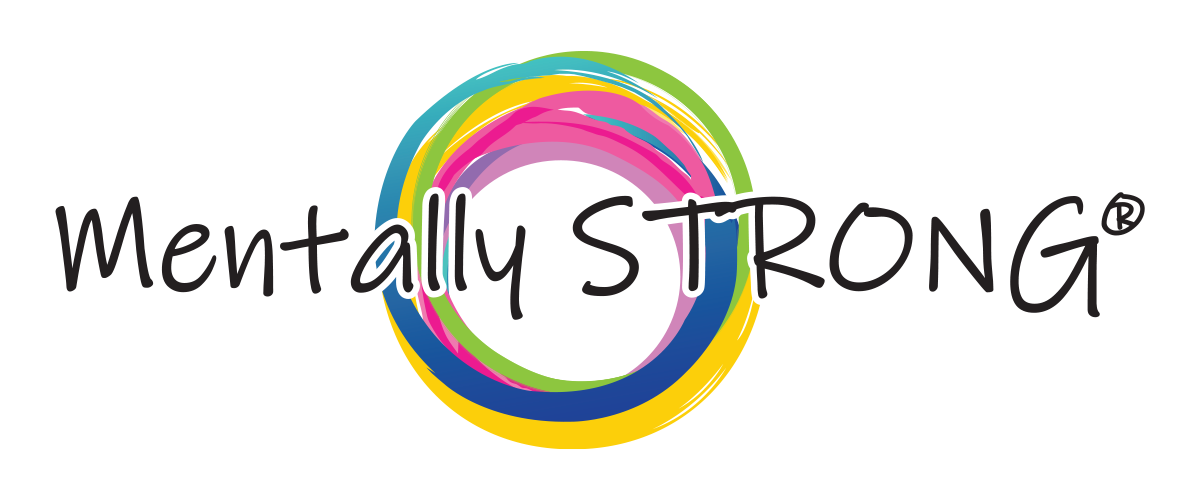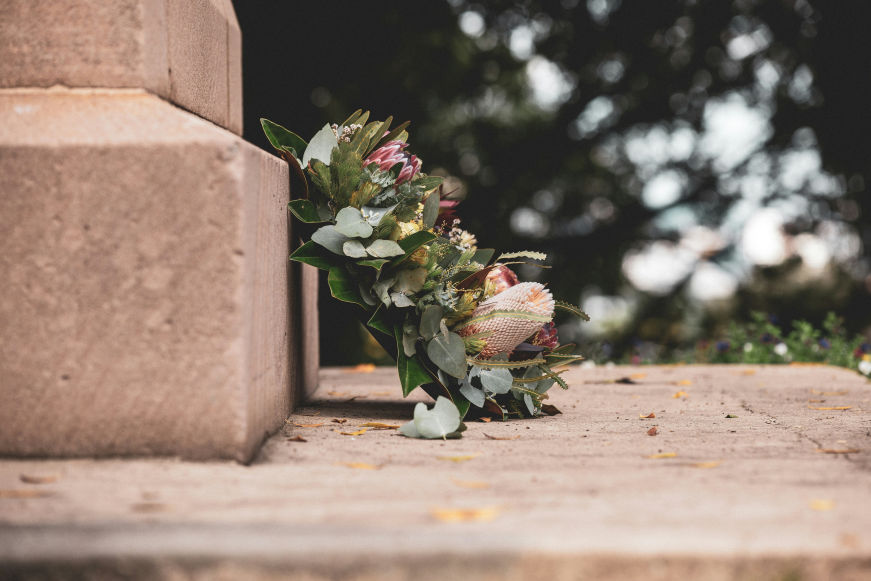The one-year death anniversary is a day that holds a weight words can barely express. It’s a day when time folds in on itself, and the loss feels as raw as it did the moment it happened. Yet, it’s also to remember a loved one on the anniversary of their death, to honor the love, the memories, and the strength you’ve found in carrying on.
I know how painful these milestones can be. Having lost three of my children and my husband, the anniversaries of their passing are etched into my heart. They are days I dread, but they are also days I set aside to reflect, to grieve, and to honor their lives.
This guide isn’t here to tell you how you should feel or what you must do. It’s here to offer you support, compassion, and tools to navigate this deeply personal day in a way that feels right for you.
What Is a Death Anniversary and Why Is the First Year So Hard?
A death anniversary is a marker of time, a reminder of everything that’s changed and everything you’ve endured. The first year is often the hardest because it’s a year of “firsts.” The first birthday without them. The first holiday where their chair sits empty. The first time you had to make it through a day you never thought you could survive.
When the first anniversary arrives, it’s not just the memory of the loss, it’s the weight of an entire year of navigating life without them. The grief feels sharp, like the day they left, and the reality of their absence settles in deeper.
I remember the first year after my son Reggie passed. The anniversary of his death brought every memory flooding back, the sound of his laughter, the touch of his hand, and the pain of the moment I had to say goodbye. The first year without him felt impossible, but honoring his life on that day became a small light in the darkness.
The one-year anniversary is about holding space for your grief while also finding ways to honor their memory. It’s a chance to reflect on the love you shared and the resilience you’ve shown. It’s okay to feel the pain, it’s a sign of how deeply you loved.
Coping With the Pain of a Death Anniversary
I’ve come to learn that these anniversaries are not about “getting through” the day or pushing the feelings aside. Instead, they’re an opportunity to create space to grieve intentionally, to honor the love that remains, and to let yourself feel what needs to be felt.
Feel the Pain: Allow Yourself to Grieve
Grief has a way of making you feel raw all over again, and on a death anniversary, those emotions can hit you like a tidal wave. I’ve learned not to fight it. This is not a day to suppress your feelings or distract yourself into numbness.

I let myself cry. I light a candle, wrap myself in Reggie’s favorite blanket, and listen to the songs he loved. I sit with his memory, even when it feels heavy. Controlled grief has been my lifeline, setting aside intentional time to engage with my emotions. On a day as significant as this, allowing myself to feel the full weight of my grief has been an act of love.
And it’s okay to let your grief look different each year. Some anniversaries, I immerse myself in memories; other times, I need more quiet and reflection. Remembering a loved one on the anniversary of their death is never going to look exactly the same each year. Let the day be what it needs to be for you.
Confronting Guilt and “What Ifs”
I’d be lying if I said guilt didn’t creep in on anniversaries. What if I had done more? What if I had noticed something sooner? These questions used to play on a loop in my mind, threatening to swallow me whole.
When Reggie passed, I couldn’t stop thinking, Why didn’t I take him to the hospital sooner? That guilt was so heavy, but over time, I’ve learned to counter those thoughts with the truth: I loved him fiercely. I cared for him tirelessly. I did the best I could in an impossible situation.
If you’re battling guilt, try to shift your focus. Write your loved one a letter. Apologize if you need to, but also remind yourself—and them—of all the ways you were there for them. Guilt is heavy, but love is stronger.
Connecting With Spirituality or Finding Meaning
Anniversaries also stir deep spiritual questions. I know they do for me. When Reggie died, I was angry at God. I felt betrayed, questioning everything I had ever believed.
Over time, I realized that wrestling with those questions was part of my healing. I didn’t have to have all the answers, but I couldn’t ignore the questions either. It was messy, but it brought me closer to understanding my own truth.
For you, this might look like lighting a candle and speaking to your loved one as though they can hear you. Or sitting in prayer, asking for clarity, comfort, or connection. And if spirituality doesn’t feel like the right fit for you, that’s okay. Reflect instead on the meaning their life brought to yours. The love you shared continues to shape who you are.
Remember, grief isn’t something you have to solve, it’s something you live with. On a death anniversary, let yourself live in it, with all the love, loss, and meaning it holds. There will be a time to deal with grief, right now is not the time.
10 Meaningful Ways to Honor Your Loved One on Their Death Anniversary
Marking the anniversary of a loved one’s death is a deeply emotional process. Whether it’s been one year or many, these anniversaries often bring a mix of sorrow and love, as you reflect on the profound impact they had on your life. Honoring their memory on these milestones can provide comfort and keep their presence alive in your heart.
1. Visit a Special Place You Shared
Being in a space that holds meaning for both of you can create a sense of connection. It might be a favorite park, a family vacation spot, or simply a quiet place where you felt close to them. For me, revisiting a place where I shared meaningful moments with my children has often brought a bittersweet sense of peace.
2. Create a Memory Box or Scrapbook
Collect photographs, letters, or keepsakes that remind you of your loved one. Arranging them in a scrapbook or revisiting a memory box allows you to hold onto their presence in a tangible way. These collections become cherished tributes, capturing the love that endures.
3. Light a Candle and Reflect on Memories
Lighting a candle in their honor is a timeless ritual. It creates a moment of stillness to reflect on their memory and the love you shared. Let the flickering light remind you that their spirit still shines in your life.
4. Write Them a Letter or a Poem
Writing can be a powerful way to process your emotions. On their death anniversary, consider writing a letter or poem to express your feelings, share updates on your life, or simply tell them how much you miss them. These words can become a treasured part of your grieving journey.
5. Prepare and Enjoy Their Favorite Meal or Drink
Cooking or sharing a meal they loved is a way to celebrate their life. Preparing their favorite dish or drink brings back memories of joyful moments and makes the day feel like a tribute to their personality and the happiness they brought.
6. Plant a Tree, Flower, or Garden in Their Memory
Planting something in their honor creates a living tribute. A tree, a flowering plant, or even a small garden can serve as a daily reminder of their presence and the growth and love they inspired.
7. Perform an Act of Kindness or Donate to a Cause
Giving in their name transforms pain into purpose. Donating to a charity they cared about, volunteering, or performing an act of kindness brings their legacy into the world in meaningful ways. It’s a beautiful way to channel your grief into love.
8. Gather Friends or Family to Share Stories
Bringing together loved ones to share stories about the person who’s gone can be incredibly healing. Laughing, crying, and reminiscing keeps their memory alive while reminding you of the community that shares your loss.
9. Watch Their Favorite Movie or Listen to Their Favorite Songs
Revisiting something they loved can feel like sharing a moment with them again. It’s a simple way to honor their memory while reconnecting with the joy they brought to your life.
10. Take a Quiet Moment for Yourself
Sometimes, the most healing thing you can do is to sit with your emotions. Take a walk, meditate, or simply spend time in a place that feels meaningful to you. Allow yourself to grieve, reflect, and find peace in your own way.
Finding Support on the Anniversary of a Death
Grief can feel isolating, especially on the anniversary of a loved one’s death. But you don’t have to navigate this difficult day alone. Whether through loved ones, communities, or professional resources, finding support can make all the difference.

Lean on Loved Ones Who Understand Your Pain
Surrounding yourself with people who truly understand your grief can provide immense comfort. These might be close family members or friends who also loved the person you’ve lost. Share memories, cry together, or simply sit in each other’s presence. You don’t have to face this day in silence, connection is healing.
Join a Grief Support Group or Online Community
Sometimes, it helps to connect with others who’ve walked a similar path. Grief support groups and online communities offer spaces to share your experience without judgment. Hearing others’ stories can remind you that you’re not alone, while offering new ways to cope and honor your loved one’s memory.
Seek Professional Help if the Grief Feels Overwhelming
If the pain feels too heavy to bear, reaching out to a therapist or grief counselor can provide guidance and relief. Grief anniversaries often resurface emotions that may feel unmanageable. A professional can help you work through complex feelings like guilt, anger, or sadness, equipping you with tools to navigate your grief journey.
Grief is deeply personal, but support is always available when you need it.
How to Take Care of Yourself on a Difficult Day
The first death anniversary, and every one after, can take an emotional toll. Taking care of yourself on this day is essential. Give yourself permission to prioritize your needs and embrace self-compassion. Pour some of the love you feel for your loved one into yourself, and remember that the best way you can honor them is to take care of yourself.
Take the Day Off if You Need It
Grief can feel all-consuming, especially on milestones like this. If you can, give yourself the day to focus on your emotions and memories without the demands of work or responsibilities. A day dedicated to reflection and healing can be a vital part of coping.
Set Boundaries With Others
Not everyone will understand the significance of this day for you, and that’s okay. Set boundaries to protect your space and energy. It’s okay to say no to invitations or conversations that feel too overwhelming.
Engage in Activities That Bring Comfort
Whether it’s wrapping yourself in a favorite blanket, enjoying a quiet walk in nature, or revisiting a comforting book or movie, small acts of care can bring solace. Grief anniversaries, especially a first death anniversary, can be exhausting, finding even a moment of peace can make the day feel manageable.
Taking care of yourself isn’t just important; it’s necessary.
Resources to Help You Through Grief
Grief is a journey that requires support, patience, and tools to navigate its complexities. As you approach a death anniversary, having the right resources can make this difficult time a little easier.
Grief Therapy
Therapists and counselors trained in grief can provide a safe space to process your emotions. They can help you untangle feelings of guilt, sadness, or anger, offering strategies to cope. If you’re struggling with the weight of the anniversary, don’t hesitate to seek professional guidance.
My 45 Days of Grief Journey
In the wake of personal loss, I embarked on what I call “45 Days of Grief”, a journey where I allowed myself to truly engage with my emotions daily. This practice helped me better understand and manage my grief. I share this journey with you so it might inspire you to create your own intentional grieving process.
Free Grief Course
If you’re looking for structured guidance, this free grief course I created offers practical steps for working through your emotions and finding moments of peace. It’s designed to provide tools and insights that can help you feel supported every step of the way.

This Grief Documentary
For a deeper dive into the realities of grief and the power of resilience, watch I’m Right Here, Mama. This documentary captures the rawness of loss and the healing journey that follows. It’s a resource for anyone seeking to understand their own grief or support someone else through theirs.
The Grief Intensive
If you’re ready to take a more active approach to your healing, consider joining the Grief Intensive. This guided program is designed to help you separate trauma from grief, honor your loved one, and move forward with purpose. Grief retreats like this allow us to not only process your pain but to emerge stronger and more grounded.
These resources are here to remind you that you don’t have to navigate grief alone.
Moving Forward: Honoring Their Memory, Embracing Your Journey
The anniversary of a loved one’s death is not just a day to remember their absence, it’s a day to reflect on the love and connection you shared. It’s a time to honor their memory while giving yourself permission to heal and grow.
Grief never truly leaves us, but neither does love. By taking steps to care for yourself, find support, and honor their legacy, you’re continuing a journey of resilience and remembrance.
You are not alone on this path. The pain may feel overwhelming, but with intention and support, you can carry both grief and love in your heart.

